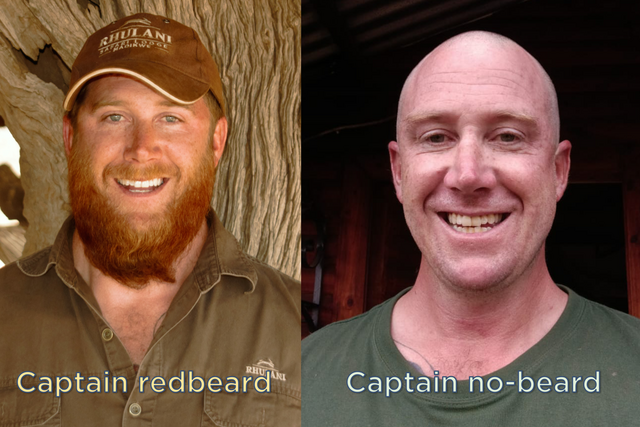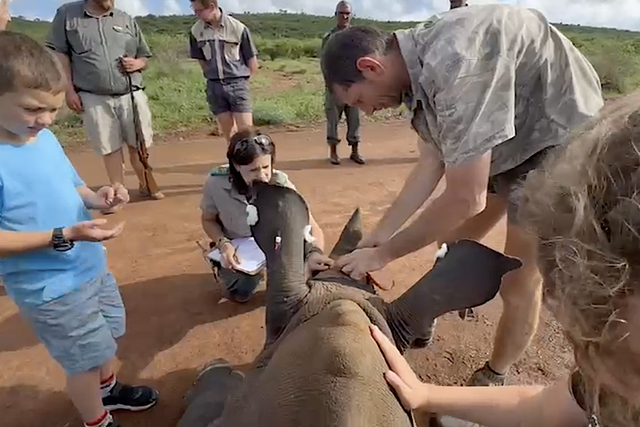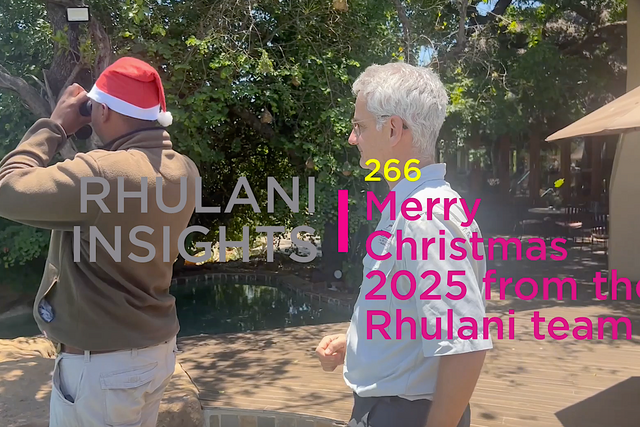More and more frequently our guests carry a drone in the luggage, and thus want to film the beautiful scenery of Rhulani and Madikwe from the air. However, there are some important restrictions and rules in place. What should you consider in your travel preparations?
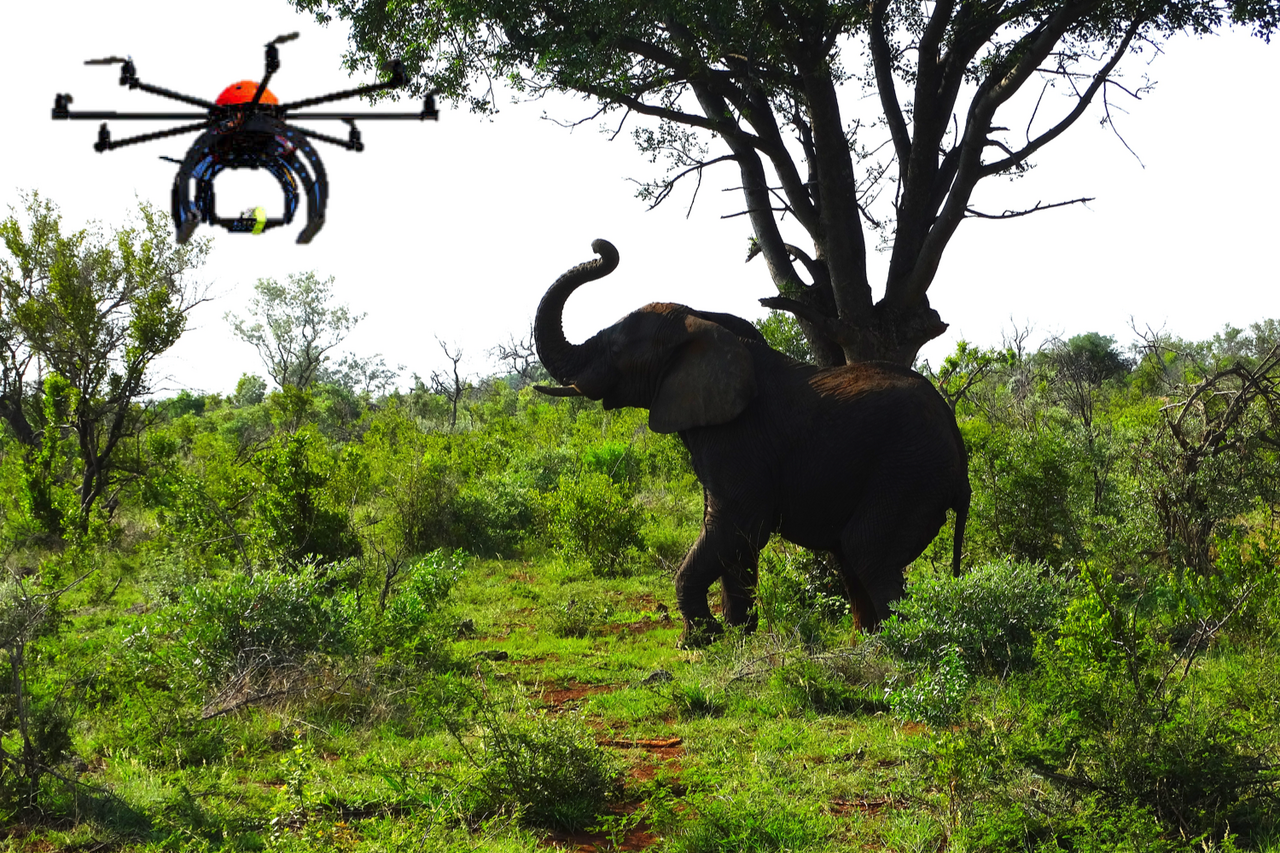
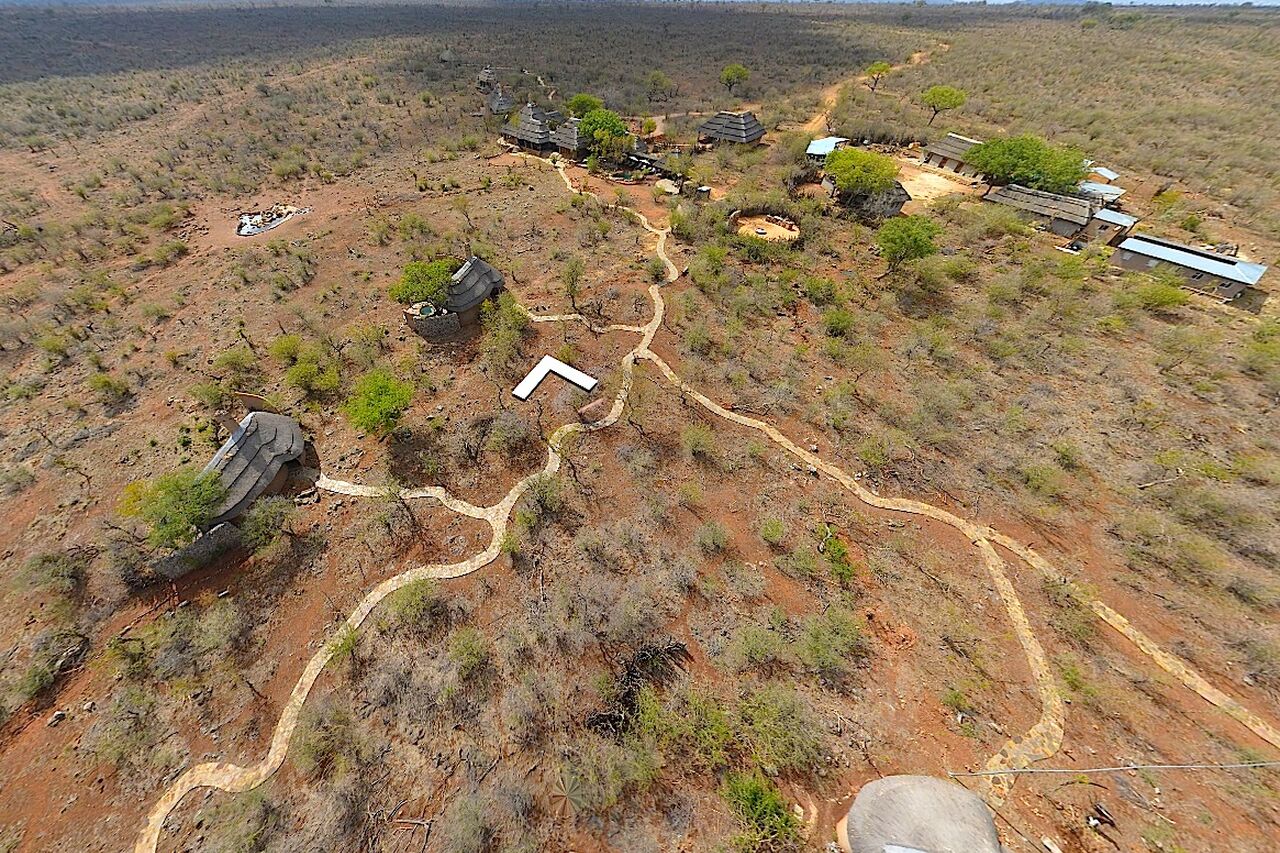
The Park Administration has issued clear instructions for the use of drones. Or let’s be more precise: The name "drone" is actually not correct, as it refers to an autonomous or semi-autonomous vehicle that can operate at a level beyond line of sight reacting to its environment and with the ability to adapt to challenges such as a flock of birds. This does not apply to the filming platforms that will be used by our guests. The correct term is "Remotely Piloted Aerial System (RPAS)".
A first, fundamental point is that no one in the reserve can give permission to anyone to use an RPAS for commercial gain. Permission that can be given in line with the National Protected Areas Act is related to the right to film in a protected area only. How the filming takes place and the platforms used is regulated by other legislation, such as Civil Aviation Regulation 101 Which Applies to the use of RPAS. (All the introduction presentations done for the industry and a summary of the legislation can be accessed here).
Elephants, as an example, really, really do not like them!Declan Hofmeyr, Environmental Management Inspector, Madikwe
Poorly programmed or low quality autonomous RPAS could face the real risk of colliding with a manned aircraft resulting in injuries or death. Without any regulation there would be no accountability. "Probably in near future, rhino horn will be simply loaded up and flown on an autonomous route back to a pick up outside the park allowing the poacher to stay for longer and get subsequent horns with less risk of capture. A capable RPAS could even be used to bring in water, food or ammunition to resupply poachers. Flying high and at night it would be near impossible to detect and could fly directly to the poacher camp via GPS linked navigation. Lastly, there is the disturbance factor. Elephants, as an example, really, really do not like them.
Conclusion: There is only a very limited chance to use the RPAS during your visit to Rhulani. We ask all our guests, to follow the above rules, Please contact us if you would like us to request a permission from Madikwe Park Management ahead of time. You are personally responsible to obtain all further approvals, if necessary.
If you have any further questions please contact our Front of House.
